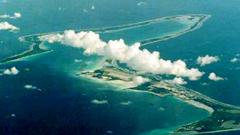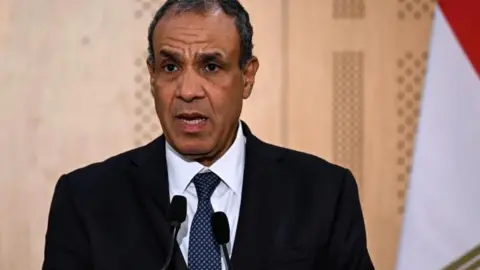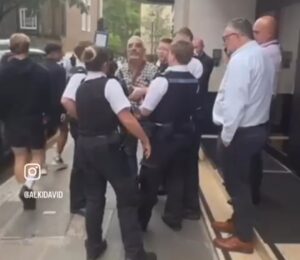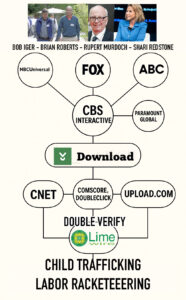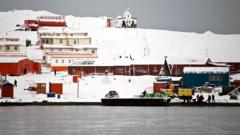The UK government faced a temporary block on finalizing the Chagos Islands deal due to an emergency injunction granted by Mr Justice Goose. The injunction was filed by two Chagossian women, Bernadette Dugasse and Bertrice Pompe, who argued against the Foreign Office's failure to consult the Chagossian community. The Prime Minister Sir Keir Starmer was set to participate in a virtual signing ceremony with Mauritius' representatives, which would involve the handover of the islands while allowing continued military use by the UK and US for 99 years.
Despite the prospects of a lucrative deal for Mauritius estimated in the billions, the UK government has not disclosed the financial terms. A spokesperson refused to comment on the legal matter, citing ongoing proceedings. The order by Justice Goose necessitates that no binding agreements on the territory's transfer are made until further notice.
The court's decision comes as discussions between Chagossian representatives and the Foreign Office are scheduled to address the territorial sovereignty concerns. Chagossians, who were forcibly removed from their homes in the 1960s for US military use, have varying perspectives on their homeland's fate. Activists within the community are pushing for self-determination and more significant involvement in the negotiations, emphasizing their historical connection to the islands.
Political responses have highlighted the controversy surrounding the deal. The Conservative opposition criticized the government, calling the situation a "humiliation" for the current administration, while Reform UK voiced concerns about the financial burden on British taxpayers resulting from the proposed agreement.
The Chagos Islands, administered by the UK since their separation from Mauritius in 1965, remain a contentious issue internationally, with the United Nations voicing support for Mauritius' sovereignty claims. The ongoing legal challenges reflect the complexities of negotiating territory rights amid calls for consultation and respect for the legacy of those affected by historical decisions.
With the next court hearing scheduled to further evaluate the case, the future of the Chagos Islands remains shrouded in uncertainty, pending a resolution that acknowledges the voices and rights of the Chagossian people.
Despite the prospects of a lucrative deal for Mauritius estimated in the billions, the UK government has not disclosed the financial terms. A spokesperson refused to comment on the legal matter, citing ongoing proceedings. The order by Justice Goose necessitates that no binding agreements on the territory's transfer are made until further notice.
The court's decision comes as discussions between Chagossian representatives and the Foreign Office are scheduled to address the territorial sovereignty concerns. Chagossians, who were forcibly removed from their homes in the 1960s for US military use, have varying perspectives on their homeland's fate. Activists within the community are pushing for self-determination and more significant involvement in the negotiations, emphasizing their historical connection to the islands.
Political responses have highlighted the controversy surrounding the deal. The Conservative opposition criticized the government, calling the situation a "humiliation" for the current administration, while Reform UK voiced concerns about the financial burden on British taxpayers resulting from the proposed agreement.
The Chagos Islands, administered by the UK since their separation from Mauritius in 1965, remain a contentious issue internationally, with the United Nations voicing support for Mauritius' sovereignty claims. The ongoing legal challenges reflect the complexities of negotiating territory rights amid calls for consultation and respect for the legacy of those affected by historical decisions.
With the next court hearing scheduled to further evaluate the case, the future of the Chagos Islands remains shrouded in uncertainty, pending a resolution that acknowledges the voices and rights of the Chagossian people.

